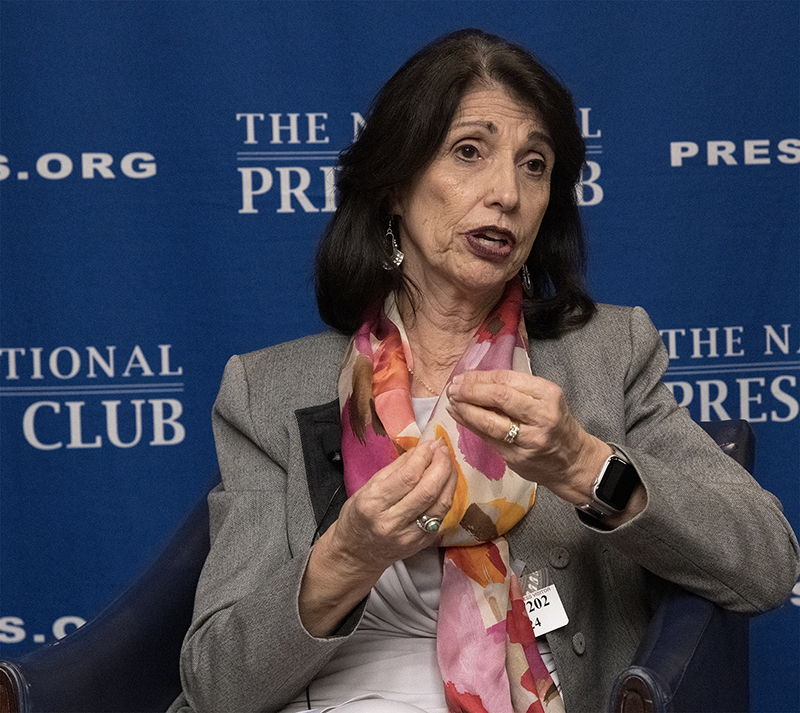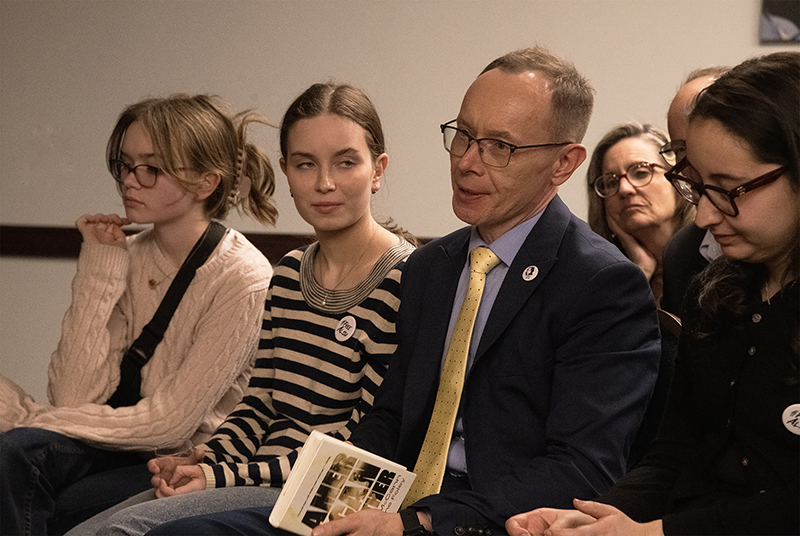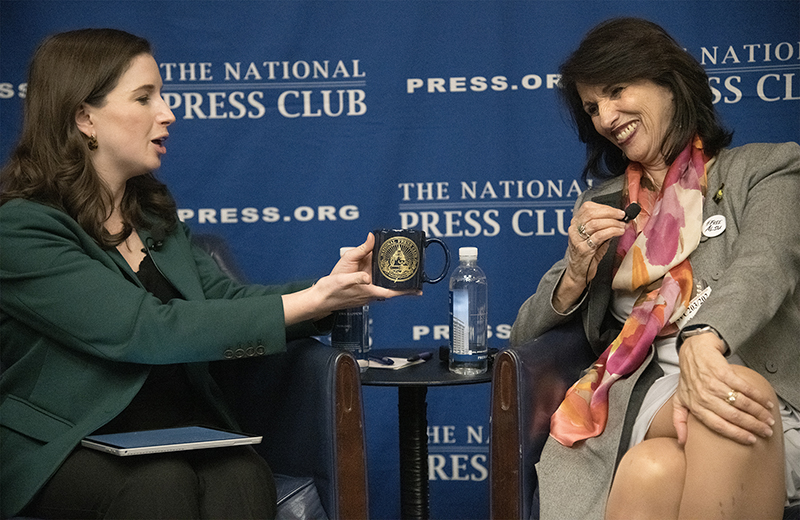Diane Foley, whose son was captured by ISIS in 2012 and beheaded two years later, said much progress has been made, as more than 100 U.S. nationals have returned since James was murdered. The State Department now has a Special Envoy for Hostage Affairs, and the FBI has stood up its Hostage Recovery Fusion Cell, among other governmental efforts.
Despite progress, Foley said it is still too easy for cases to get mired at the State Department and the FBI, and too difficult to access White House officials who can make the crucial decisions needed to help bring a hostage home. Foley said advocacy in the press can also help make further changes.
“We need to hold our government accountable for the people,” Foley said. “This is what the power of the press and storytelling is.”



